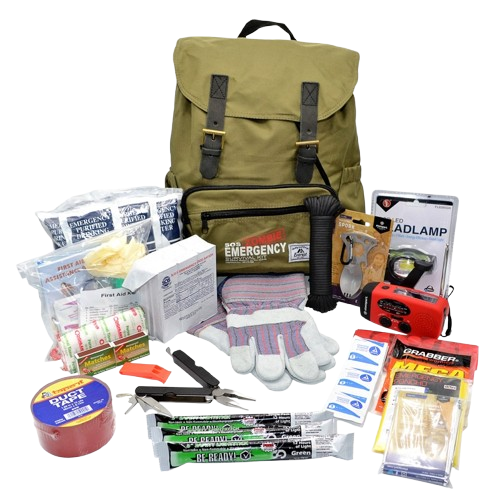
Stay calm and always be aware of your surroundings. Panic can get you killed. In a zombie outbreak, being alert helps you notice threats early and stay safe. A clear mind lets you make smart choices under pressure. Always scan your environment for movement, noise, or signs of danger.
Stick to high ground when possible and avoid tight spaces. Higher ground gives you better visibility and limits ways zombies can approach. Tight, narrow paths can trap you easily if youre not careful. Open and elevated areas give you room to escape quickly.
Travel during daylight. Zombies are harder to spot at night. Low visibility increases risk. During the day, you can see dangers ahead and avoid them. Nighttime also limits your own movement, making it easier for zombies to sneak up on you.
Keep noise to a minimum to avoid attracting attention. Zombies are drawn to sound. Running, shouting, or slamming doors can bring a horde right to you. Move quietly, speak softly, and always close doors gently to stay hidden.
Trust is earned. Be careful who you team up with. Other survivors may be more dangerous than the undead. Some may steal your supplies or endanger your safety. Only team up with people you truly trust after time and observation.
Backpack with food, water, and medical supplies. Your backpack is your mobile life support. It should carry enough to last a few days non perishable food, clean water, painkillers, and bandages. You never know when youll need to run and wont have time to resupply.
Reliable weapon (bat, axe, or knife). A weapon is your defense against threats. Blunt weapons like bats dont need sharpening, while axes can also help break through barriers. Always carry something silent and strong to protect yourself.
Flashlight with extra batteries. Darkness can be deadly. A flashlight helps you move safely at night or through dark buildings. Extra batteries make sure youre never left blind when it matters most.
Portable radio or phone with solar charger. Communication and updates on safe zones or outbreaks are vital. Radios keep you connected to broadcasts. A solar charger keeps your gear powered even if electricity is gone.
Map, compass, or GPS if available. Knowing where you are and where to go can be life saving. Maps dont need power and a compass never dies. GPS is useful if it still works but always have a manual backup.
Rope, duct tape, and fire starter. Rope can help you climb, tie gear, or build shelter. Duct tape fixes almost anything from gear to wounds in emergencies. A fire starter keeps you warm and helps cook or signal if needed.